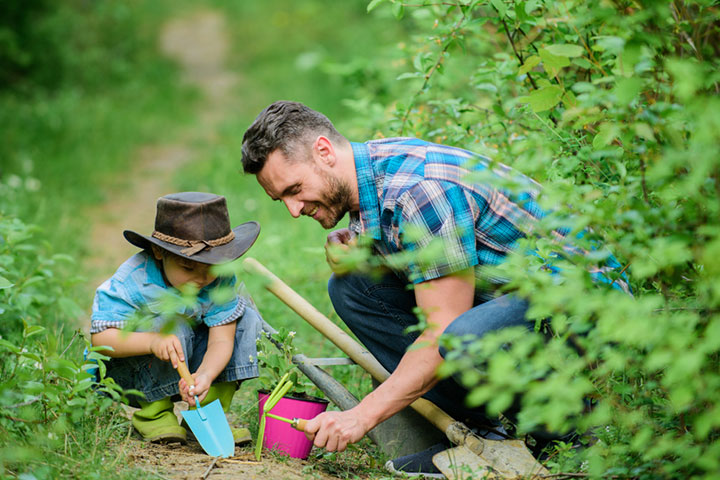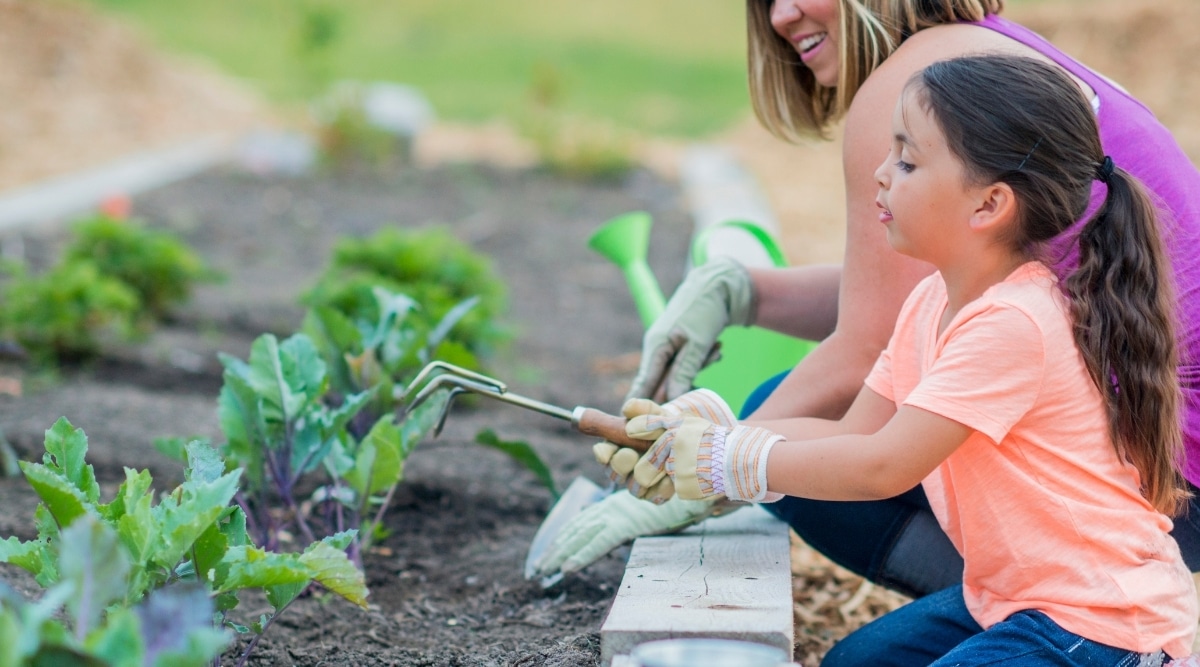Day: August 27, 2023
Composting Demystified – Turn Waste into Garden Gold with These Tips
Composting, often referred to as nature’s recycling system, is a remarkable process that transforms kitchen and yard waste into nutrient-rich garden gold. This sustainable practice not only reduces the amount of waste headed for landfills but also provides gardeners with a potent source of organic matter to enrich their soil. The concept might seem complex, but at its core, composting is a natural decomposition process that mimics the way organic materials break down in the wild. By following a few simple guidelines, you can unlock the magic of composting and harness its benefits for your garden. To start composting, you will need a mix of greens and browns. Greens are nitrogen-rich materials like fruit scraps, vegetable peels and fresh yard clippings. Browns, on the other hand, are carbon-rich items such as dry leaves, straw and paper. The balance between these two types of materials is crucial; a mix of approximately 2 parts browns to 1 part greens is ideal. As you accumulate these materials, layering them in your composting bin or pile will help create the right conditions for decomposition. It is important to chop or shred larger items to speed up the breakdown process and facilitate airflow.

Aeration is another key factor in successful composting. Regularly turning or mixing the compost pile allows oxygen to reach the microorganisms responsible for decomposition. These microbes thrive in aerobic conditions, breaking down the organic matter into humus – a dark, crumbly material that resembles soil. Proper aeration also helps prevent the pile from becoming smelly or attracting pests. Maintaining the right level of moisture is equally vital. Your compost pile should feel like a damp sponge; if it is too dry, decomposition slows down and if it is too wet, it can become a breeding ground for anaerobic bacteria. Covering the pile with a tarp can help regulate moisture levels additional resources while also preventing excessive rain from leaching away valuable nutrients.
In a matter of weeks to several months, depending on factors such as temperature, pile size and ingredients, your compost will transform into a nutrient-rich masterpiece. The finished compost can be mixed into garden soil, providing plants with essential nutrients, improving soil structure and enhancing water retention. It is a fantastic way to reduce the need for synthetic fertilizers and foster healthier plant growth. In conclusion, composting is a rewarding and environmentally conscious practice that empowers you to turn kitchen and yard waste into a valuable resource for your garden. By maintaining the right balance of greens and browns, ensuring proper aeration and moisture and patiently allowing nature to take its course, you can harness the magic of composting. This not only contributes to a healthier planet by reducing waste but also bestows your garden with the gift of nutrient-rich, garden gold soil amendment.

